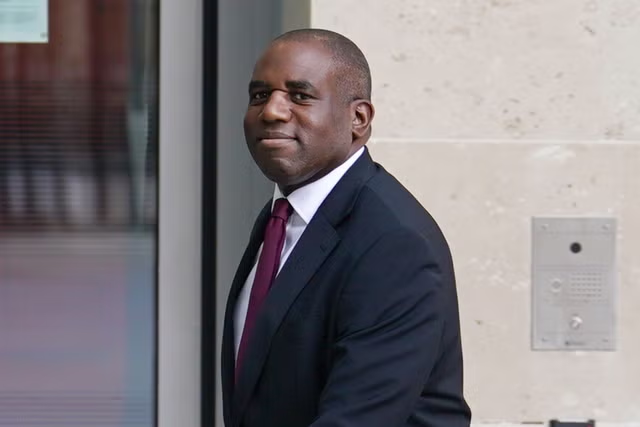
ADDIS ABABA (Reuters) – The leaders of Egypt, Ethiopia and Sudan will meet on Monday in a bid to break a deadlock in negotiations over a hydroelectric dam Addis Ababa is building along its share of the Nile river, two official sources said on Sunday.
Cairo – solely dependent on the Nile for its water – is at odds with Ethiopia over the construction of the Grand Renaissance Dam, which it fears could reduce waters cascading down from Ethiopian highlands and through the deserts of Sudan to its fields and reservoirs.
Ethiopia says the $4 billion-dam will have no such impact.
“The aim is to agree on the resumption of the consultations,” said a diplomat attending an African Union summit in the Ethiopian capital Addis Ababa, where the three leaders are gathered. The diplomat was speaking on condition of anonymity.
An Egyptian government source confirmed that Egypt’s President Abdel Fattah al-Sisi would participate, saying he extended his stay to do so.
Sisi will meet Sudanese President Omar Hassan al-Bashir and Ethiopian Prime Minister Hailemariam Desalegn, according to the diplomat.
Discussions have been deadlocked for months over the wording of a study on the dam’s environmental impact. In December, Egypt proposed that the World Bank be allowed to help settle the dispute, a call dismissed by Ethiopia.
Countries that share the Nile river have argued over the use of its waters for decades – and analysts have repeatedly warned that the disputes could eventually boil over into conflict.
A bone of contention for both Ethiopia and Egypt is the speed at which the dam’s reservoir would be filled.
The Grand Ethiopian Renaissance Dam – now over 60 percent complete and which will churn out 6,000 MW upon completion – is centerpiece to the country’s ambitious power exporting plans.
Reporting by Aaron Maasho; Editing by Raissa Kasolowsky
SOURCE: REUTERS





















![New PM Starmer names first cabinet after landslide win British Prime Minister Keir Starmer looks on, at Number 10 Downing Street, following the results of the election, in London, UK, July 5, 2024 [Kevin Coombs/Reuters]](https://i0.wp.com/www.horndiplomat.com/wp-content/uploads/2024/07/2024-07-05T115520Z_52034812_RC2ZO8AP0G9J_RTRMADP_3_BRITAIN-ELECTION-1720202222.webp?resize=100%2C70&ssl=1)







